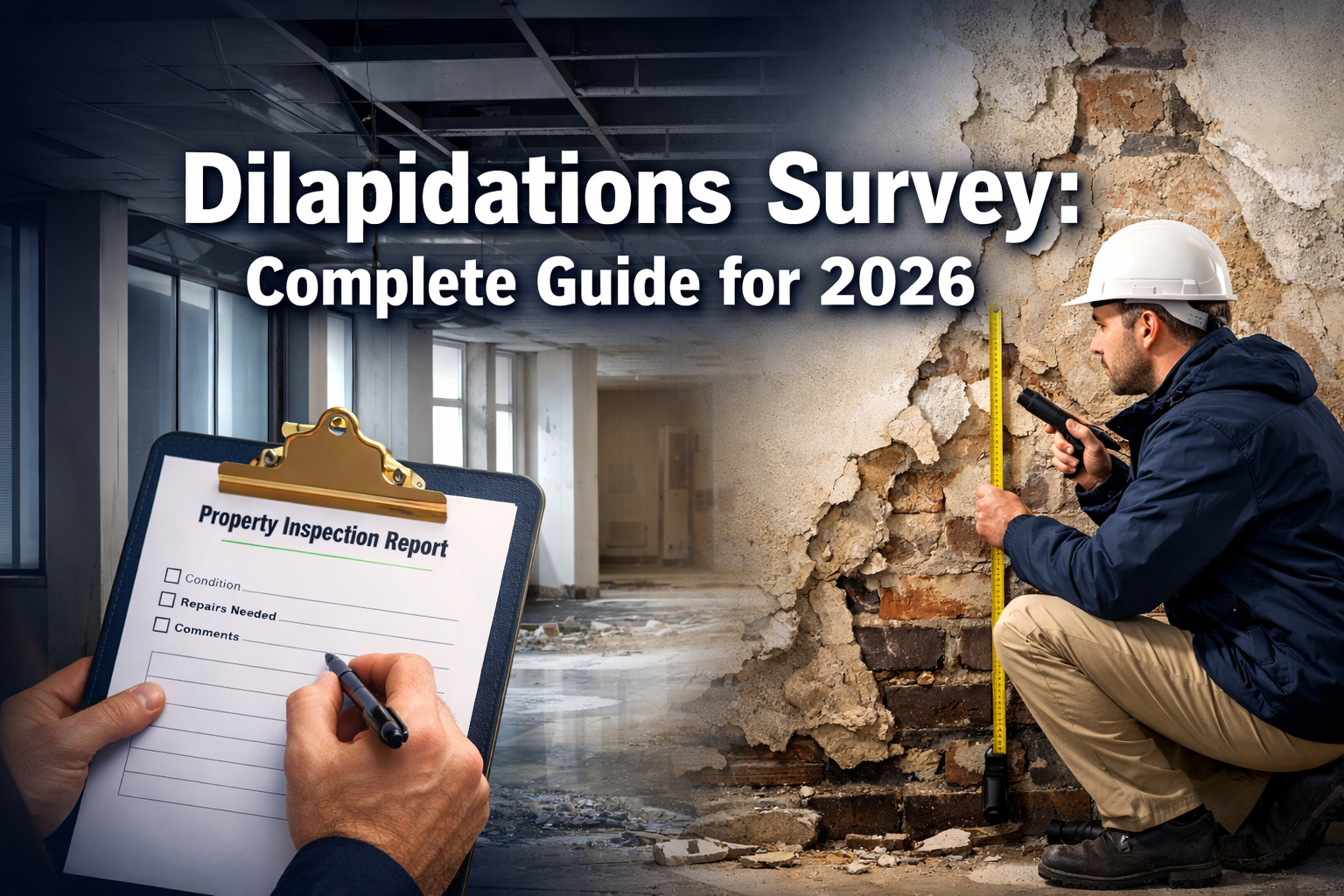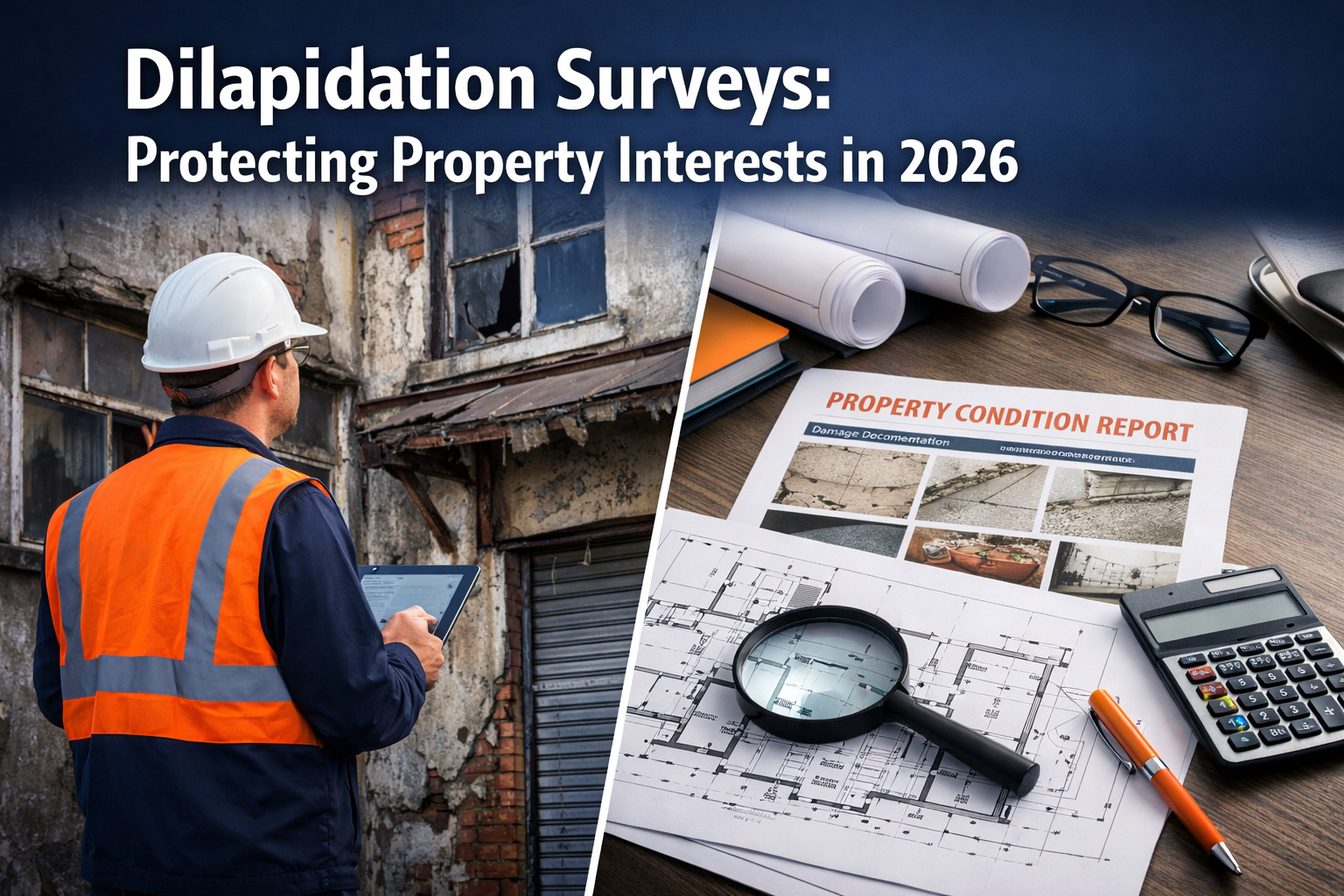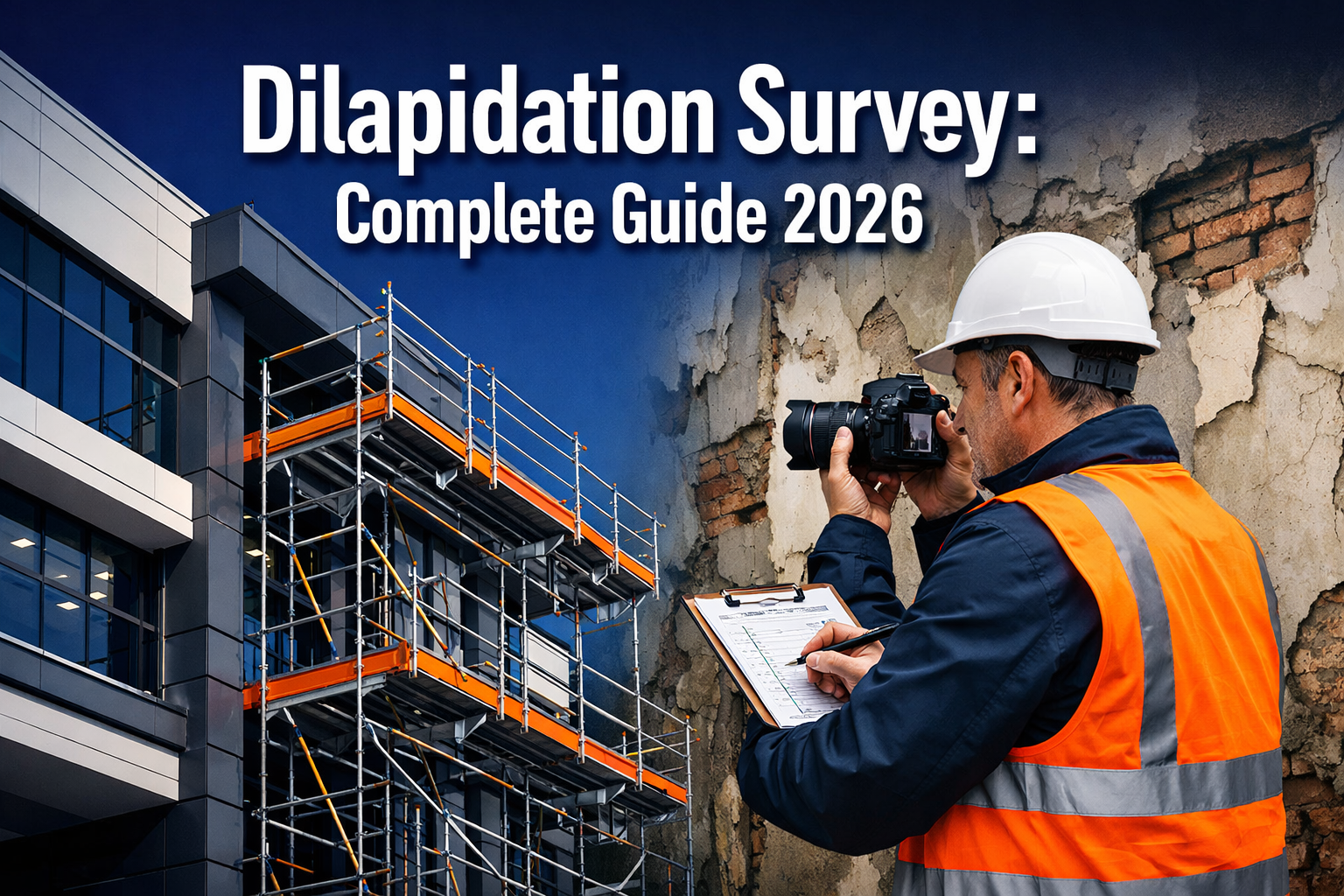Methods of Valuation
- Home
- Methods of Valuation
RICS residential property valuation in Canterbury, London, Bristol, Birmingham, Manchester, and Cardiff
When valuing property in Canterbury, it is first necessary to understand that a property’s worth is not just pulled from Zoopla. Instead, valuation is a rigorous process that concludes with a figure that is both reliable and defensible. This conclusion is reached by a professional determined to make a valuing decision that best represents the property in question. These professionals—usually working in teams—are valuers and they are ordinarily a Chartered Surveyor and a member of the Royal Institution of Chartered Surveyors (RICS) or other accrditation body.

What does an RICS Valuation mean?
When assessing the worth of real estate, there are many elements to consider. Most people think of RICS valuations as those being done when one is buying or selling a property. However, many more types of valuation are carried out on a daily basis for numerous other reasons, such as for insurance purposes when applying for a loan.
Several factors must be taken into account to ensure that properties are valued as accurately as possible when using the RICS Valuation Standards, also known as the “Red Book.” This document provides the guidance, best practices, ethics, and professional standards necessary to accomplish this task.
Unlike the assessments offered by letting agents, a RICS valuation is performed by a specialised Valuation Surveyor. The assessors in this realm appraise not only the condition of the property but also the various factors that play into the value of the relevant property.
Considerations for Valuation
The property market in Canterbury, London, Bristol, Birmingham, Manchester, and Cardiff boasts as much variety as the cities themselves. Different types of real estate exist in these places, and each requires a different approach to valuation. A good property valuer knows how to approach these kinds of properties and understands that each one is an individual case; they look first at the factors that matter most—size, location, age, and condition—to make an initial assessment and then go on to consider the many other aspects of the property.
What are the Reasons for having a Valuation?
What is the purpose of obtaining a property valuation? There are many instances when a property’s value must be determined. It is needed during the process of probate, when couples are undergoing matrimonial proceedings (i.e. divorce), and for tax planning. Of course, in all these instances, it is pivotal to have the right value for the property in question.
The potential purchaser/vendor uses the property assessment as a measure for what they might expect to receive if they were to put it on the market or for other reasons, such as tax and insurance. The assessment is usually done before the property is put on the market and the asking price is often determined from the assessment.
Leasehold Valuation
A lease valuation can serve a landlord or tenant. They might use it to establish a suitable rental rate for a leasehold property. It could also be a helpful tool for a solicitor.
Tax Appraisal
Property valuations are often required for taxation purposes. They might be needed, for example, to calculate tax on the capital gains realised from the sale of a property or to determine the value of a property for inheritance tax purposes.
Placing a Value on Your Property
An RICS-registered valuer appraises a property for a Market Valuation by first looking at its condition, size, and location. These basic property characteristics then allow the valuer to make a comparison with the recent sales of similar properties in the area (i.e. comparables). This process culminates in the estimation of a price that a property would have sold for in an open market on a specific date.
Finding out how much a company's shares are worth
The worth of a property owner’s interest (equity) in a property is determined by a process called Equity Valuation. Dividing up the equity in a property may be part of a divorce settlement. Beyond that, homeowners sometimes need to know the value of their equity in a property to sell it, re-mortgage it, etc.
Right to Buy Valuation
When a tenant chooses to purchase the property they are renting from a housing association or council, a Right to Buy Valuation is conducted. This valuation serves to determine the property’s open market value, as well as to identify any discount that the tenant might be eligible for under the Right to Buy scheme.
Valuation for Probate and Inheritance Tax
When a property owner dies, a valuation must be conducted to determine the current market value of that property. This is known as a Probate and Inheritance Valuation and is frequently requested by HM Revenue & Customs to ascertain the amount of inheritance tax that is due.
Capital Gains Tax
Anytime a property is sold or given as a gift and its value has increased, a capital gains tax valuation must be done to assess what tax may be owed on the gain (i.e. appreciation in value).
Valuation for ATED
If a company possesses a residential property in the UK, an ATED Valuation must be carried out. This is the case for properties that exceed a certain value and determines how much tax the company owes on an annual basis.
Assessment of Value for People Not Living in the United Kingdom
The Non-Domicile Valuation applies to individuals who are resident but not domiciled. This kind of valuation might be needed when a person holds property in the UK, especially when that person might be subject to inheritance tax (IHT).
Valuation for Divorce (Matrimonial)
A Divorce Settlement Valuation is a service that will enable you to split them appropriately in the divorce settlement. It guarantees that no matter what the terms of the settlement are, the equity is divided proportionately.
Contact Us
It is vital in residential real estate to have an exhaustive property valuation Canterbury, which calls for an expert who is an RICS-registered valuer.
When buying or selling your house, applying for a mortgage, seeking court approval to distribute a deceased person’s property, or embroiled in a property dispute, you will almost certainly need a valuation from a CIOB, RPSA or RICS surveyor.
An RICS valuation determines the market value of your land or property and gives you a written appraisal that can be used to show the value of your house.
A team of expert valuers in Canterbury can conduct a property valuation that considers every detail of your property and its context to give you an accurate value.




